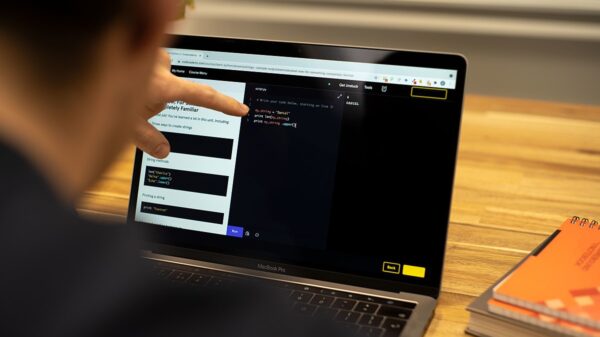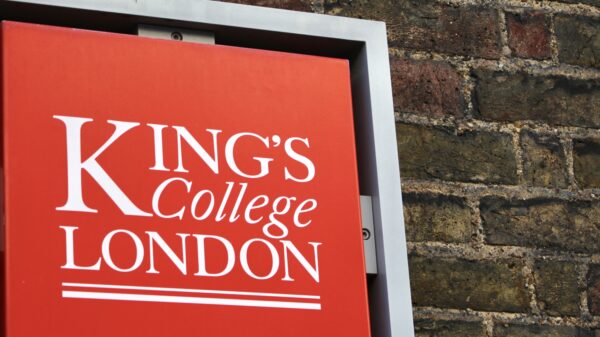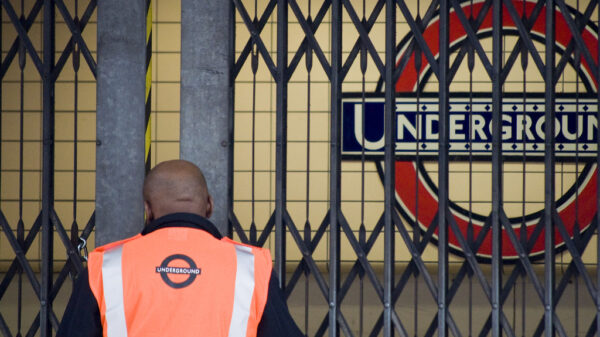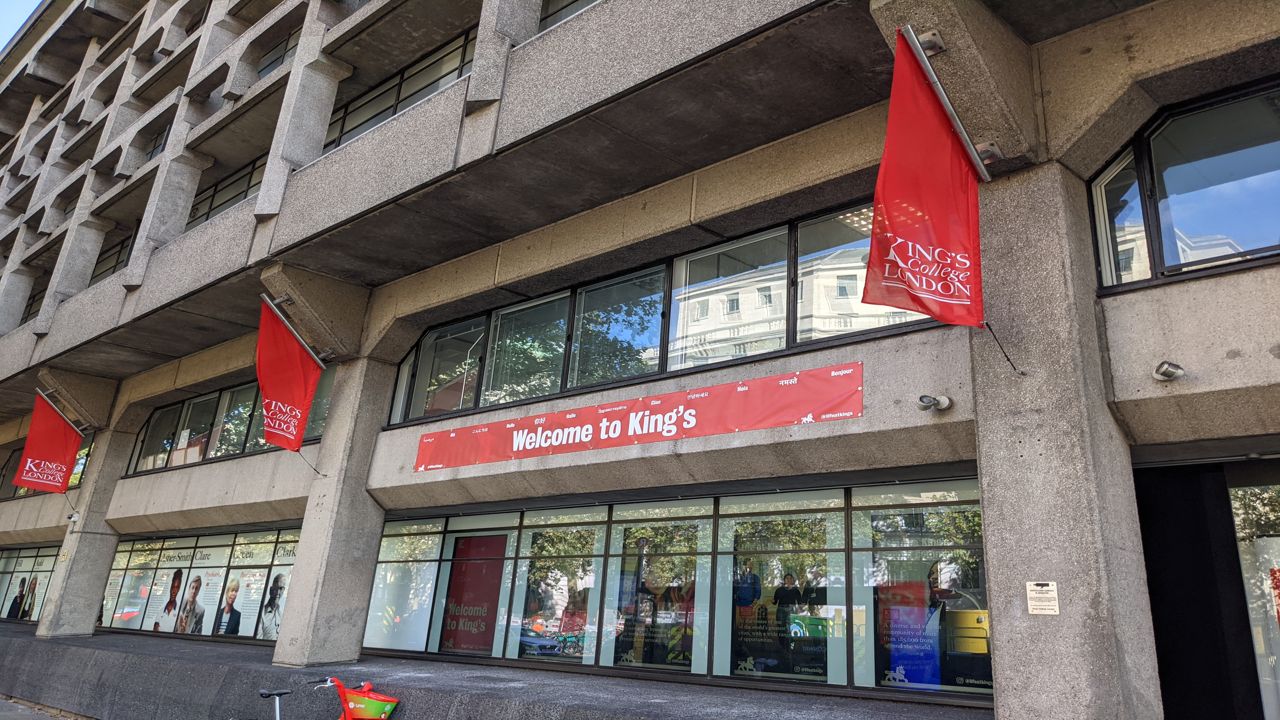Comment Editor Dahlia Farzi outlines the new qualification V levels and changes to assessments.
From 2027, the government will roll out V levels to replace the confusing 900 qualifications offered as a Level 3 qualification. This will run alongside A levels (the established academic route) and T levels (a technical route that includes a placement year). However, the T-level foundation programme will be replaced following a report published last year, which deemed it “currently suitable”. Ofsted’s 2023 thematic review found that the weakest TLTPs “do not prepare students to move on to a T Level course”.
Students will be able to study existing A levels with new V-level courses; however, they “will have an increased proportion of non-exam assessment” compared to their academic cousins. V levels will, similarly, consist of 360 guided learning hours, ensuring students have ample time to develop and build on their pre-existing skills. They will also be regulated by Ofqual in a similar way to A levels, where students will understand how they are graded through awarding organisations.
The White Paper argues that these new qualifications will “provide simplicity and clarity as well as quality […] these changes will be underpinned by investment that protects high-quality education for 16 to 19-year-olds”. The government promised to invest an extra £800 million in 16–19 education, to give every young person the opportunity to succeed. However, Bill Watkin, Chief Executive of the Sixth Form Colleges Association, warned that it does not close the “gap that will open up in September” due to the eventual replacement of BTECs.
Furthermore, the government will launch two new pathways to support students at Level 2, which are equivalent to GCSEs. Firstly, the Occupational Pathway is designed around real jobs and industries, helping students progress into a skilled job or apprenticeship after completion. The Further Study Pathway, by contrast, is dedicated to students who want to build confidence and strengthen their skills before moving into higher education courses such as T levels, A levels or V levels. This initiative will ensure every student has a route that’s right for them, whether that’s the academic or vocational route.
In 2025, the English Language pass rate fell from 61.6% to 59.7%, whilst Mathematics fell to 58.2% from 59.6%. Jill Duffy, the chair of the Joint Council for Qualifications and chief executive of the OCR examination board, said nearly a quarter of GCSE maths and English entries were now resits, an all-time high. It is a “resit crisis”. In England, students must pass English Language and Mathematics at a Grade 4; otherwise, they have to retake them alongside their new course.
Baroness Smith stated that a new qualification will be introduced as a “stepping stone” to help students who have been on this “demoralising roundabout of taking exams and failing them”. Therefore, the government has announced that new qualifications will be introduced for students aged 16-19 to help them achieve at least a Grade 4. This will provide students with more tailored support, whereby providers will deliver at least 100 hours of dedicated, in-person teaching per subject each academic year, and they will receive increased funding.
On the 20th October, Bridget Phillipson announced that the government will “increase undergraduate tuition fee caps for all higher education providers, in line with forecast inflation for the next two academic years”. Arguing that in a changing world, “transformation is what we need”, and these increasing fees” will be conditional on high-quality teaching.”
Combined with the new announcement of V levels, the education system has significantly developed, embracing a focus on quality teaching at a higher cost. What constitutes “quality teaching” cannot be definitively defined; therefore is weaponised as a means to justify increasing tuition fees. For students from a lower-income background, university is seen as a luxury: a choice that leaves them with eternal debt compounded by interest.
















